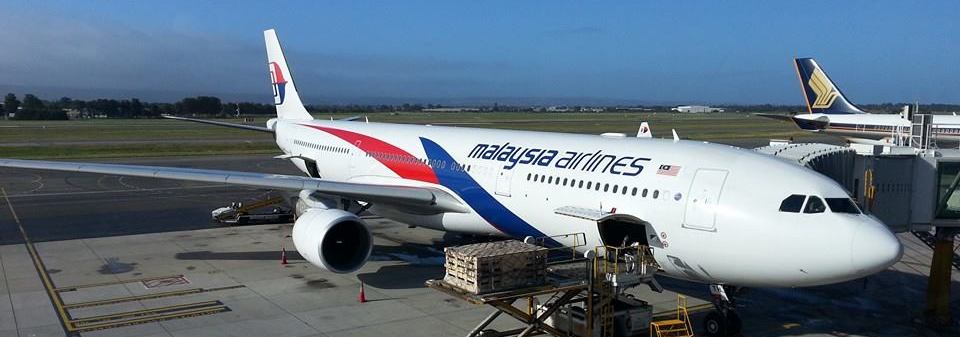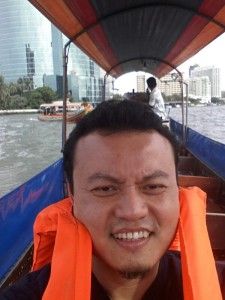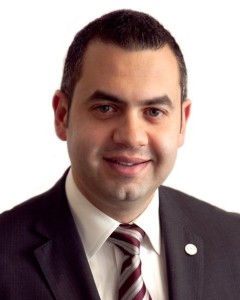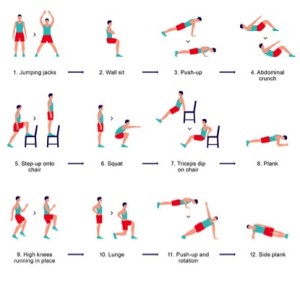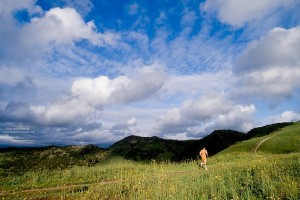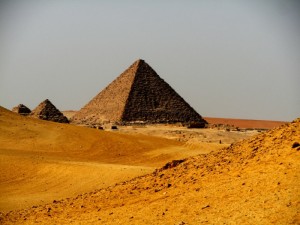Our Connecting Musafirs conversation series taps into eminent Malaysian corporate and community figure Dato’ Seri Nazir Ariff’s broad travel experience for ultimate preparation advice before a trip.
Credit his training in accountancy, or the fact that he has served multiple organisations and bodies over the years, but when it comes to travel, eminent corporate figure Dato’ Seri Nazir Ariff is one meticulous, thorough planner.
Admitting to being extremely particular about his preferences and creature comforts, Dato’ Seri turns to his vast library of travel books and his two trusted checklists before embarking on a journey, be it for work or leisure.
“I have a big collection of books on eating places, best spots to visit of pretty much every destination I’ve spent some time in or had interest to learn more about. I turn to them, as well as the Internet, to make sure I know where I’m going and what I’m doing,” Dato’ Seri explained.
Sweat the small stuff, yes!
A firm believer in making reservations at restaurants before his trips, Dato’ Seri also consults his checklists to ensure he remembers exactly every minutiae for the duration of the trip.
“There’s nothing like forgetting your favourite razor or toothbrush and arriving at your destination, having to settle for substitutes. It could make or break your trip!” he avidly declared.
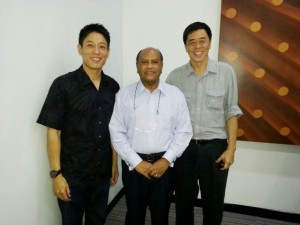
Dato’ Seri Nazir Ariff, President of Football Association of Penang (FAP) flanked by Lawrence Loh, Vice President of FAP (right) and an ardent fan.
There is no doubt that it is this exact approach of passion, care and precision that has led to his active involvement in many different interests, across both commerce and community. His present leadership as the Chairman and Executive Director of Aspen Group of companies sits alongside an illustrious list of positions, past and present in various corporate bodies and voluntary organisations, including Football Association of Penang (FAP), Penang City Council (MPPP), Kuala Lumpur Tin Market, Ivory Properties Group Berhad, Texchem Group, Datuk Keramat Holdings Berhad, Kuala Lumpur Commodities Exchange, Penang Heritage Trust, to name but a few.
And to add to the list, Dato’ Seri confessed to also donning an apron and cooking up a storm when he finds the rare window of spare time at home.
His specialty? “Italian! I enjoy making different pastas, much to the enjoyment of my children,” he smiled, adding that he enjoys sourcing for fresh local produce such as cheeses and olives at farmers’ markets when he travels.
Keep the Faith
Even when his working travel schedule takes him to far and foreign lands, Dato’ Seri makes it a point to observe solat. He relies on his smartphone compass to estimate prayer directions where markings are not available.
“I strongly believe that God is forgiving and if you’re praying where you believe you should be, God accepts. God is forgiving,” he expressed with sincerity, adding that he believes the practice of religion should be easy, open and welcoming.
Next up (at time of our conversation) for Dato’ Seri: London, Lisbon and Barcelona. And yes, he had completed his research before departure, right down to the detail of pictures of his hotel rooms and what to expect in those cities.
And while Dato’ Seri finds himself retracing his journeys back to his favourite destinations where he is familiar, such as Barcelona, there is no room for error with the amount of preparation and homework to become disorientated anywhere.
Have you got your checklist written yet, fellow Musafirs? I know I’ll be getting mine down and tucked away in a safe place!
